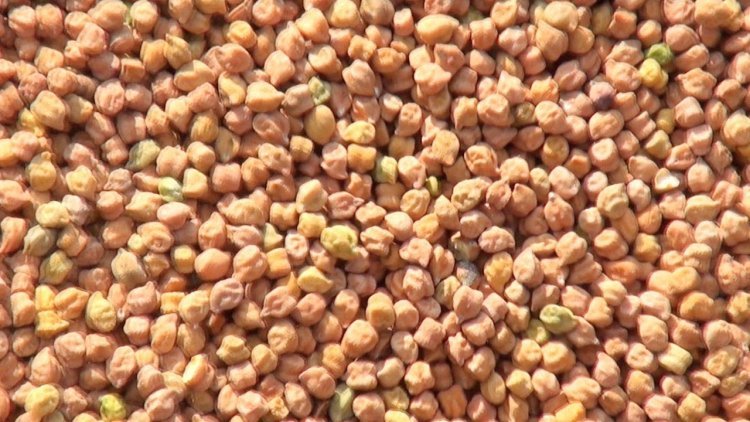The Central Government has started purchasing gram from farmers at Minimum Support Price (MSP) to control gram prices and for creating buffer stock. But considering the current conditions, the government may have to pay higher prices than the MSP to farmers for purchasing gram because the market price of gram in wholesale markets is hovering around Rs 5800,which is more than the minimum support price of Rs 5440 per quintal.
At present, due to the market price of gram being higher than the MSP, government agencies may face difficulty in purchasing gram from farmers, whereas the buffer stock of gram has reduced to around 7 lakh tonnes as against the standard of 10 lakh tonnes. In such a situation, if the purchase of gram is to be increased, then one will have to purchase gram at the market price above the MSP, or else wait for the price to come down. However, Consumer Affairs Secretary Nidhi Khare says that the production of gram has not reduced and at present there is no concern about the production.
In view of the possibility of decline in gram production, the Central Government has extended the period of duty free import of yellow peas till June 30. This has increased the import of yellow peas in the country which is used as a substitute for gram. The increase in import of yellow peas at the time of the new gram crop has affected the prices of gram.
Rajasthan farmer Balkaur Singh Dhillon told Rural Voice that farmers will bring their produce to the market after a few days after seeing the market and government prices. This year the gram crop is fine but due to the import-export policies of the government, farmers often have to suffer losses in pulses and oilseeds.
The government hopes that with the increase in the arrival of new crops of gram, the prices of gram in the mandis will come down to the level of MSP. This will help cooperative institutions to increase purchases.
Meanwhile, to prevent hoarding of pulses in the market, the Central Government has made it mandatory for traders, importers and millers to declare the stock of pulses from April 15. It is also important for the Central Government to increase the government procurement of gram because about 20 states of the country want to distribute gram through welfare schemes. This has increased pressure on buffer stocks and there is a need to increase government procurement.

